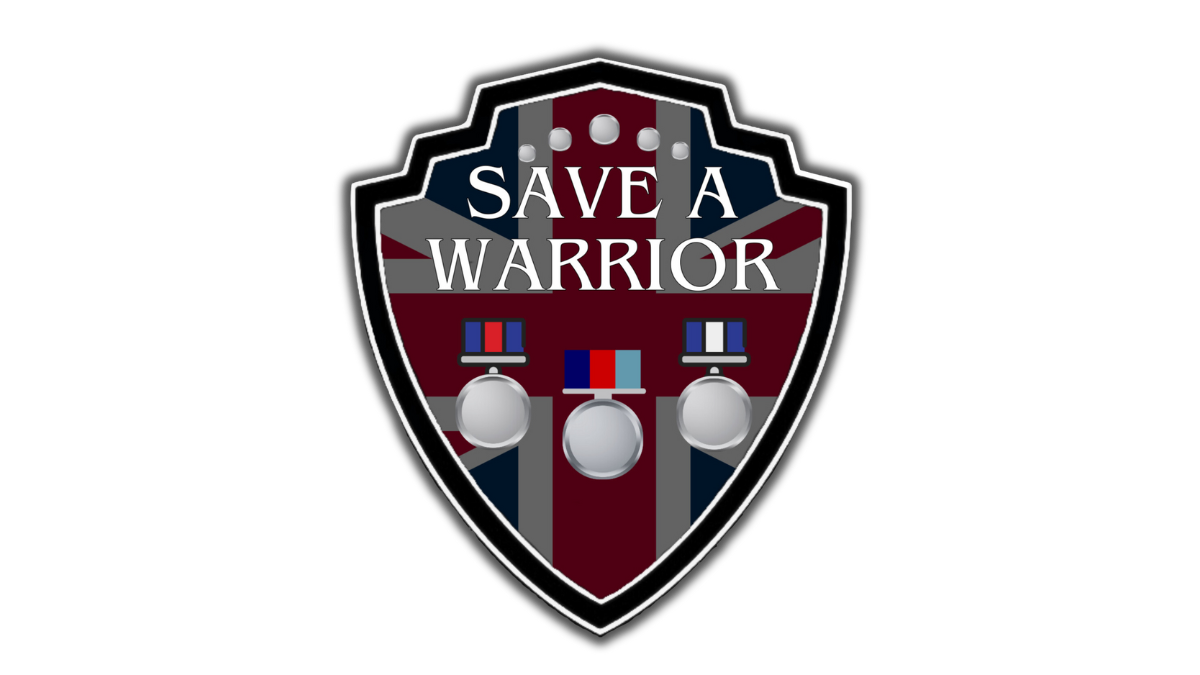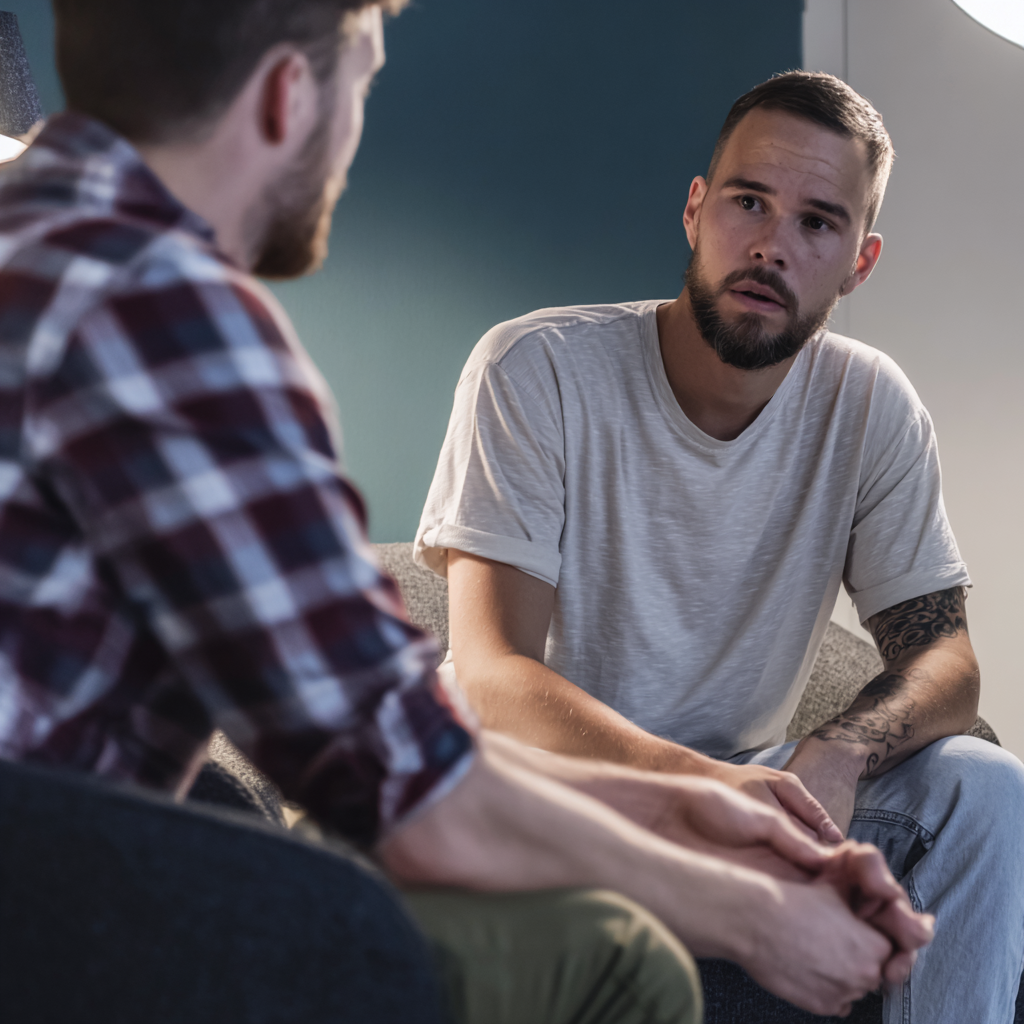Depression
Depression is often misunderstood. It is not just sadness. It is a deep exhaustion of the mind and body that makes even small tasks feel impossible. For veterans and members of the Emergency Services, depression can follow years of holding everything together. It is the body’s way of saying, “I cannot carry this alone anymore.”
Understanding Depression After Trauma
Why depression takes hold.
Depression often appears after long periods of stress, loss, or trauma. The constant alertness that once kept someone safe eventually burns out their emotional reserves. What follows is emptiness, not peace.
The NHS identifies persistent low mood, loss of interest, sleep problems, guilt, and hopelessness as key symptoms. Many also experience physical pain, fatigue, or difficulty concentrating.
Depression is not failure. It is a signal that the nervous system has been under siege for too long and needs rest and reconnection.
Recognising the Signs in Someone You Care About
Depression rarely announces itself. It creeps in quietly. You might notice:
Withdrawal from family and friends.
Loss of interest in hobbies or work.
Difficulty sleeping or sleeping too much.
Neglect of personal care or appearance.
Hopeless comments like “What is the point?” or “Everyone would be better off without me.”
It can look like laziness or indifference from the outside. In truth, it is emotional paralysis. They are not choosing to stop living. They are struggling to find a reason to begin again.
How to Talk About It with Care
When someone you love is depressed, you cannot rescue them, but you can remind them that they are still seen and valued.
Steps to help:
Start with gentle noticing.
“I have seen that you seem tired and distant lately. I miss you.”Avoid quick fixes.
“You have so much to live for” may sound kind, but it often adds guilt. Try “It sounds painful. I am here for you.”Encourage professional or peer help without pressure.
“Would you like me to look with you at some places that help people who feel like this?”Stay present.
Keep inviting them to simple moments. A walk. A cup of tea. Silence together.
How We Can Help?
At Save A Warrior UK, we meet veterans and first responders where they are, not where the world expects them to be.
Our 72-hour immersive experience, followed by 500 days of support, helps men face the root of their trauma and rebuild healthy connections with themselves, family and friends.
You don’t need to convince your partner right now. You can:
Get to know us through our social media channels.
Visit our events or volunteer for a day.
Read the stories of those who’ve completed the journey.
When they’re ready, you’ll know.
For when they’re ready to take the next step
Healing begins with understanding. Whether you’re searching for answers or support, you’ve already started on the path to healing.



